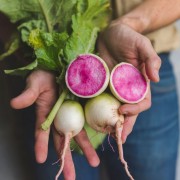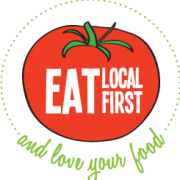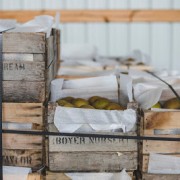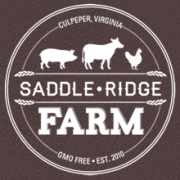Variety is the Spice of Life
We’re an online farmers market, but because we’re online we have some advantages over in-person farmers markets. First, we partner with around 40 local farms who last season alone provided us with 480 different items. Many of our farmers have begun to grow exclusively for Seasonal Roots, which means they’ve been able to diversify their crops. Not only is varying crops better for the soil, but it allows us to offer you more variety.
Last season, we had 14 types of apples alone. Last time you took a trip to the farmer’s market, I bet you didn’t have access to that many apples! We also had 32 types of greens, 8 types of radishes (pictured is our ever popular watermelon radish), 19 types of peppers, 15 types of squash and 19 types of tomatoes. I don’t know about you, but I can’t name 19 types of tomatoes… AND, that’s just the produce. We also offered 25 artisan goods, 69 types of baked goods and 32 different meat options.
The good news is, this variety allows for endless creativity in the kitchen and you’re able to experience all different types of food. Because all of our food is grown within 150 miles, you can of course expect some overlap (because this week’s crops and next week’s crops might not vary significantly.) But, in the long run, your basket contents will vary a lot! Your basket this week and your basket in the beginning of September are going to look totally different. So it can take a bit of patience, but over the course of the year, you have access to hundreds of different options. Plus, we deliver it to your door and give you tips on how to cook it. Don’t get us wrong, when we’ve gobbled up our basket’s items for the week, we’ll stop by a farmers market to supplement. Either way, you’re supporting local farmers and getting fresh produce. But, we want you to know that we’re a viable and convenient source for local produce, for months that extend past the typical farmers market season.






